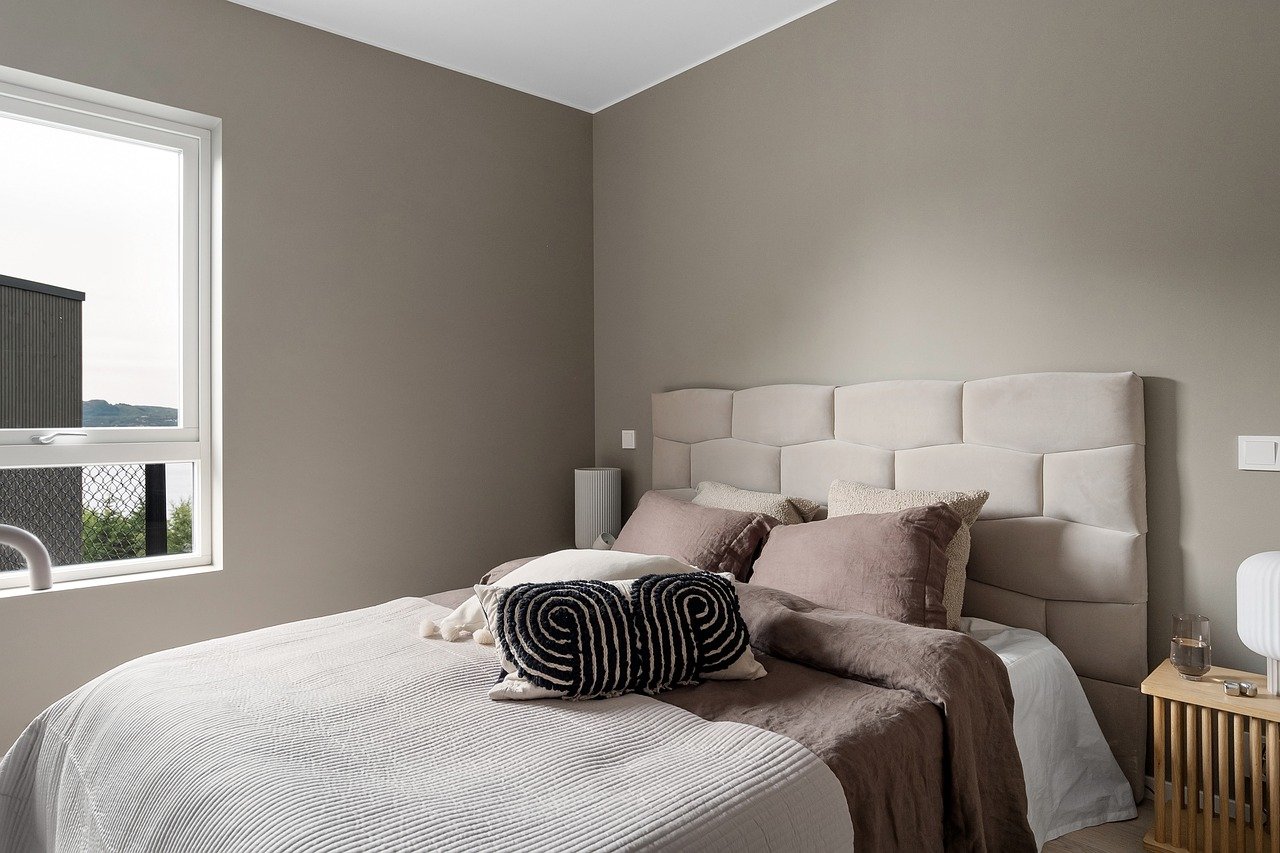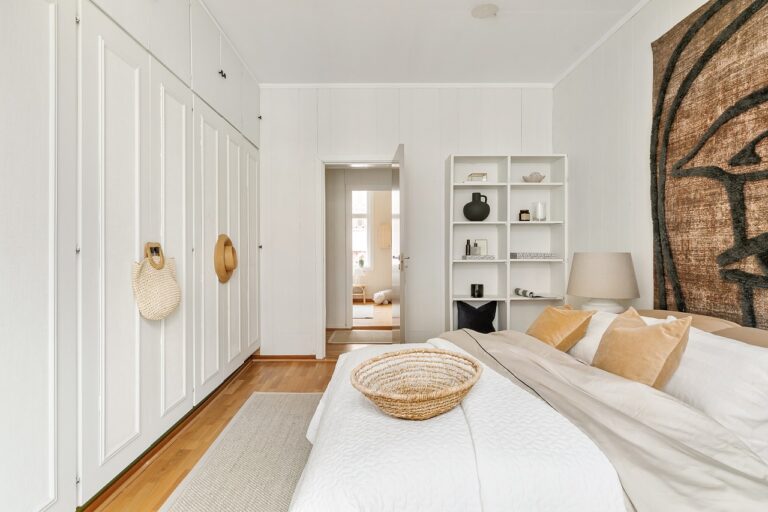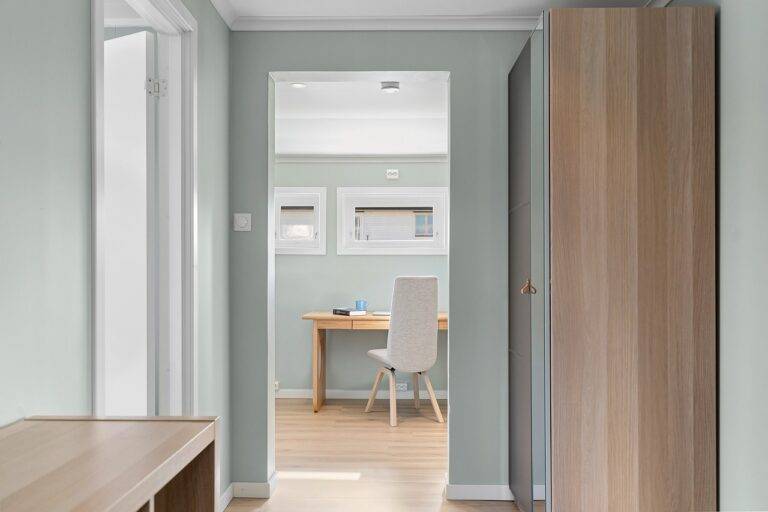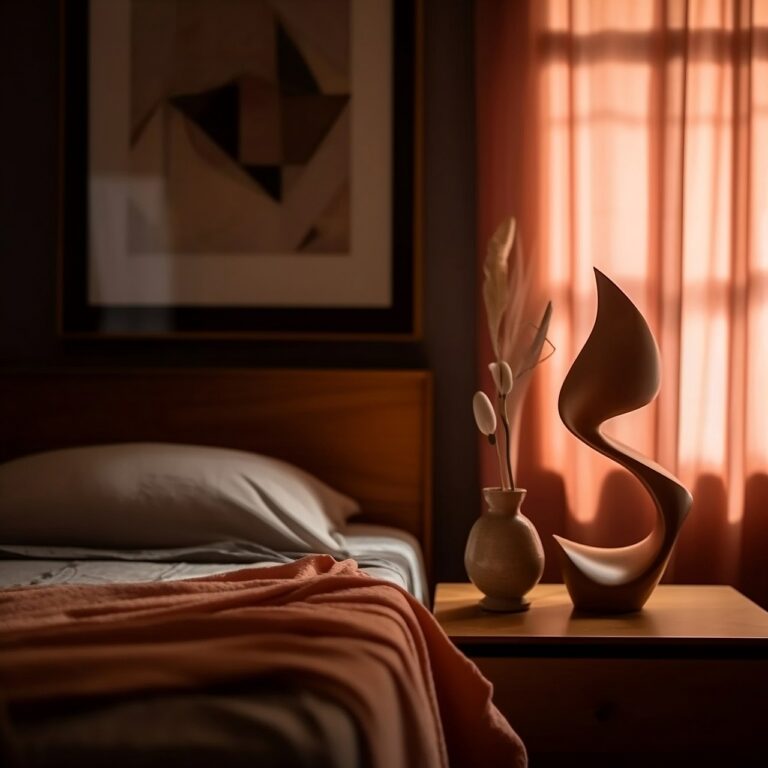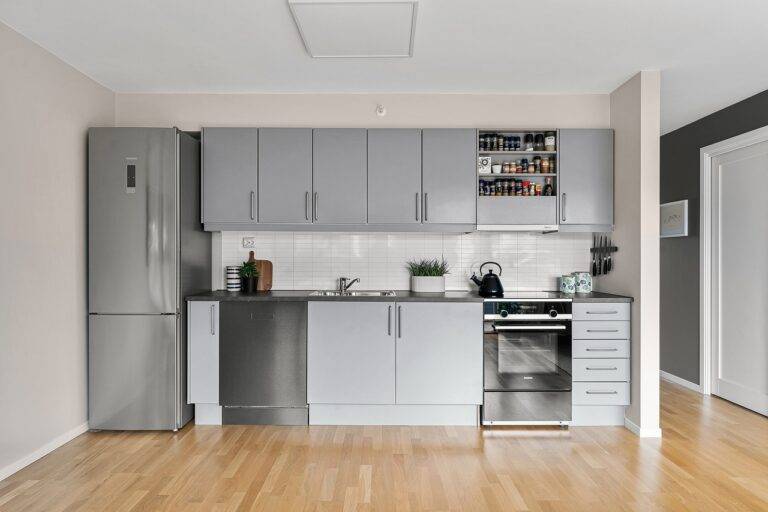How to Reduce Indoor Pollutants with Ventilation: Bet book 250.com, Radhe exchange login, Yolo247 club login
bet book 250.com, radhe exchange login, yolo247 club login: Indoor air quality is a crucial aspect of our overall health and well-being. Many people spend the majority of their time indoors, whether at home or in the office, and it’s essential to ensure that the air we breathe is clean and free of pollutants. One effective way to reduce indoor pollutants is through proper ventilation.
Ventilation plays a vital role in maintaining good indoor air quality by bringing in fresh outdoor air and removing stale, polluted air from indoor spaces. By following some simple tips and guidelines, you can effectively reduce indoor pollutants and create a healthier indoor environment for you and your family.
1. Open Windows and Doors
One of the easiest ways to improve indoor air quality is by opening windows and doors to allow for natural ventilation. This simple step can help remove indoor pollutants and bring in fresh outdoor air, especially on days when the weather is nice.
2. Use Exhaust Fans
Exhaust fans in kitchens and bathrooms can help remove pollutants such as cooking fumes, steam, and odors. Make sure to use these fans while cooking or showering to reduce indoor air contaminants effectively.
3. Maintain HVAC Systems
Regular maintenance of your heating, ventilation, and air conditioning (HVAC) systems is crucial for ensuring good indoor air quality. Change air filters regularly and schedule routine inspections to keep your HVAC system running efficiently.
4. Invest in an Air Purifier
Consider investing in an air purifier to help remove indoor pollutants such as dust, pollen, pet dander, and other allergens. Air purifiers can be particularly useful for individuals with respiratory issues or allergies.
5. Avoid Smoking Indoors
Smoking indoors can introduce harmful chemicals and pollutants into the air, endangering your health and the health of others in the space. If you or someone in your household smokes, make sure to do so outdoors to prevent indoor air contamination.
6. Control Humidity Levels
Maintaining proper humidity levels in your home is essential for preventing mold growth and reducing indoor pollutants. Use a dehumidifier in damp areas and ensure proper ventilation to keep humidity levels in check.
FAQs:
Q: How often should I change my HVAC air filters?
A: It’s recommended to change your HVAC air filters every 1-3 months, depending on the manufacturer’s guidelines and the level of use.
Q: Can houseplants help improve indoor air quality?
A: Yes, certain houseplants can help remove indoor pollutants and improve air quality. Look for plants like spider plants, peace lilies, and aloe vera known for their air-purifying properties.
Q: Is it necessary to hire a professional to inspect my HVAC system?
A: While you can perform some maintenance tasks yourself, it’s a good idea to schedule a professional inspection of your HVAC system at least once a year to ensure optimal performance and indoor air quality.
By following these simple tips and guidelines, you can effectively reduce indoor pollutants with ventilation and create a healthier indoor environment for you and your loved ones. Remember that good indoor air quality is essential for your overall health and well-being, so make ventilation a priority in your indoor spaces.

